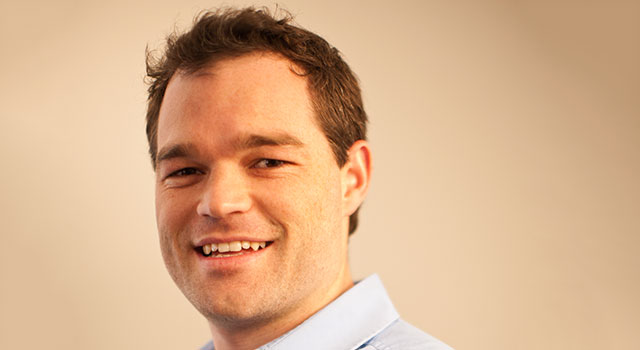This is a fantastic, solid analysis of the problems with IP and with applicability to the recent Apple vs. Samsung patent lawsuit, Russell Lamberti. This was published on TechCentral, and originally published at Mises Institute–South Africa.
But, Apple, copying isn’t theft
Apple’s “victory” over Samsung Electronics last week is really a victory for illegitimate, state-granted monopoly privilege over dynamic, competitive enterprise. By Russell Lamberti.
Added by Russell Lamberti on 28 August 2012.
Saved under Opinion, Russell Lamberti, Top
Tags: Apple, Russell Lamberti, Samsung, Stephen Kinsella
Russell Lamberti
Last week a US court ruled that Samsung Electronics had to pay US$1bn to Apple for patent infringement. Samsung made a cool $6bn profit in the second quarter of 2012 on revenue of nearly $50bn, so $1bn, in the final analysis, is pretty manageable. But that’s not the point.
The Apple-Samsung patent war, which — sadly — is probably far from over, raises once again the broader question over the basic efficacy and legitimacy of intellectual property law. Is patent and copyright protection socially beneficial? Is it even legitimate property right? Although this is a divisive issue, most people regard intellectual property (IP) rights, specifically patent and copyright, as legitimate property rights. Most people are wrong, and below I’ll show why.
Before I continue, let me point out that my ramblings on IP rights are a distant second best to the expositions of a true specialist, Stephen Kinsella. Kinsella, an attorney in Houston, is a regular contributor on Mises.org, director of the Center for the Study of Innovative Freedom, and editor of Libertarian Papers. More importantly, he is the author of a seminal work on IP rights which can (and must!) be read here (only 50 or so short pages and free). You can also get into his short summary articles here and here which also have extensive links to further reading.
IP rights are a suite of privileges granted by the state to successful applicants trying to secure patent, copyright, trademark or trade secret protection. In the case of patents and copyright, people are essentially granted property rights over ideas or patterns of ideas. Patents, for example, grant an inventor a limited monopoly on the manufacture, use and sale of his invention or process. Copyright is granted to creators of “original” works and grants exclusive right to the creator to reproduce, sell, and perform those works publicly.
The supposed legitimacy of patents and copyright in IP policy discourse essentially rests on two core pillars:
- That creation is sufficient basis for property rights; and
- That higher levels of investment (time and resources) in innovative and creative processes can be achieved if innovators/creators are granted the opportunity to earn exclusive monopoly profits for a period of time.
It is relatively easy to demonstrate that proposition 1 is logically false. If I break into my neighbour’s garage, steal some items belonging to him, and fashion a product from those items, is the product I created my property? Of course not — once caught I would immediately have my creation confiscated and the component parts returned to my neighbour. Creation is clearly therefore not a sufficient condition for property ownership. Moreover, creation is also not a necessary condition for property ownership since property — say, land — can come to be owned by acquisition in voluntary exchange (gift or purchase) or by first possession (original homesteading).
“Property rights” granted exclusively on the basis of creation are therefore illegitimate.
What then is the correct basis for determining property rights? To get to an answer to this we must ask another question: why do any property rights exist at all?
Let me note that the Apple-Samsung case turned not only patent infringement (both utility and design patents), but also “trade dress dilution” (of the iPhone, not the iPad). Trade dress is a type of trademark, and “dilution” is a relatively new trademark cause of action (added legislatively by Congress in 1995. So this case highlights the danger of trademark, as well as patent.




You must log in to post a comment. Log in now.